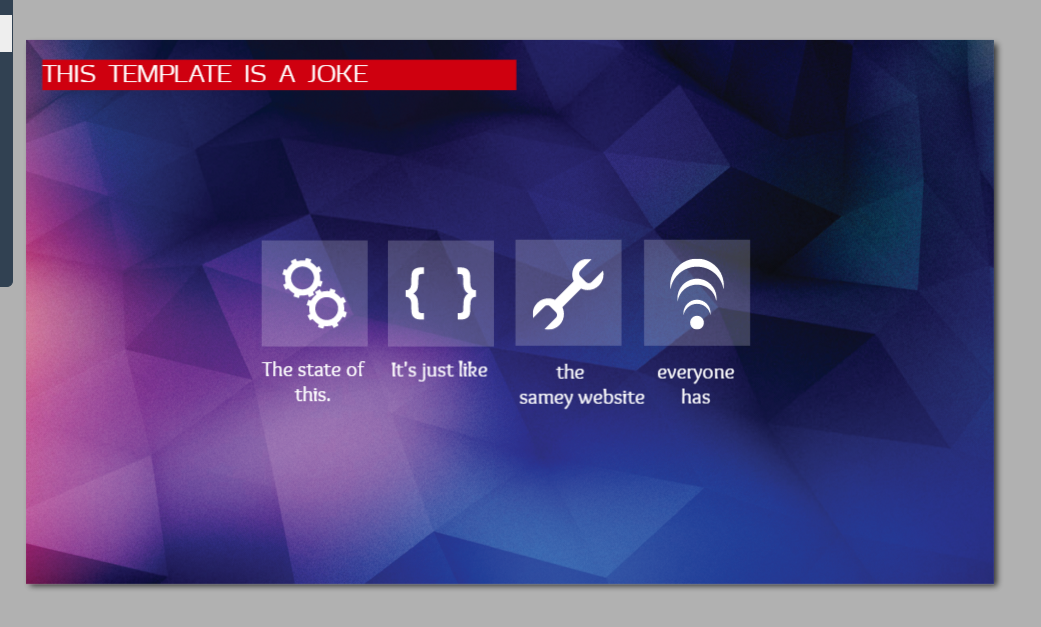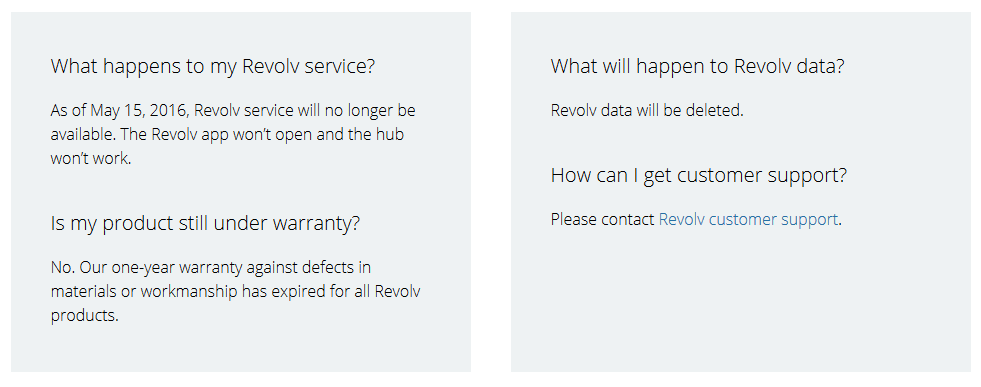Bank Holiday puzzler: can YOU work out the connections here?
‘Google and Microsoft have made a pact to protect surveillance capitalism’, 2/05/2016
Microsoft and Google, two of the world’s greatest monopolies, have been bitter rivals for nearly 20 years. But suddenly, in late April, they announced a startling accord. The companies have withdrawn all regulatory complaints against one another, globally. Rather than fighting their battles in public courts and commissions, they have agreed to privately negotiate.
…And here the most sinister upshot of Microsoft’s decision to stop needling Google with legal disputes becomes clear. “A key theme I write about is that surveillance capitalism has thrived in lawless space,” says Zuboff. “Regulations and laws are its enemy. Democratic oversight is a threat. Lawlessness is so vital to the surveillance capitalism project,” she continues, “that Google and Microsoft’s shared interest in freedom from regulation outweighs any narrower competitive interests they might have or once thought they had. They can’t insist to the public that they must remain unregulated, while trying to impose regulations on one another.”
Data privacy is as important as tax, Google exec warns Noonan, 12/04/2015
In November, the Finance Minister met with Google’s vice president of engineering Urs Holzle, the company’s eighth employee and the man who leads its technology planning and data centre efforts. Google Ireland chief John Herlihy also attended.
Data privacy was one of the main topics of conversation, records show. Holzle raised Ireland’s policy of requesting information from internet companies, urging Minister Noonan to make sure the rules are clear.
‘Get off Facebook if you value your privacy, EU commish tells court’ , 26/03/2015
In the current case, a group called Europe v Facebook, led by privacy activist and “Angry AustrianTM” Max Schrems, alleges that Facebook violated European citizens’ “fundamental rights” (defined in the European Convention on Human Rights) by transferring their personal data to the US National Security Agency (NSA).
After the Irish data protection commissioner refused to investigate, citing Safe Harbour rules, the case was referred first to the Irish High Court and now the ECJ.
Europe’s highest court strikes down Safe Harbor data sharing between EU, US, 6/10/2015
Europe’s top court, the Court of Justice of the European Union (CJEU), has struck down the 15-year-old Safe Harbour agreement that allowed the free flow of information between the US and EU. The most significant repercussion of this ruling is that American companies, such as Facebook, Google, and Twitter, may not be allowed to send user data from Europe back to the US.
…The case was originally sent to the CJEU by the High Court of Ireland, after the Irish data protection authority rejected a complaint from Maximillian Schrems, an Austrian citizen. He had argued that in light of Snowden’s revelations about the NSA, the data he provided to Facebook that was transferred from the company’s Irish subsidiary to the US under the Safe Harbour scheme was not, in fact, safely harboured.
Minister Richard Bruton T.D. Joins Microsoft to mark the start of construction of Microsoft’s new €134m Campus, 20/10/2015
“Technology is an area we have specifically targeted as part of our Action Plan for jobs and we have put in place a range of measures to support growth in this area. Microsoft was one of the first US companies to choose Ireland as a location for its EMEA operations.”
‘DRI challenges independence of Ireland’s Data Protection Authority’, 28/01/2016
Digital Rights Ireland has instructed its lawyers to serve legal papers on the Irish government, challenging whether the office of the Irish Data Protection Commissioner is truly an independent data protection Authority under EU law.
Ireland’s position as the EU’s centre for technology multinational companies makes it critical for the protection of all EU citizens’ rights that the state has a world class data protection regulatory regime.
A series of cases from the CJEU, the EU’s top court, have stressed the critical importance of a truly independent data protection authority. Most recently, in the Schrems case on Safe Harbour, the lack of such an independent watchdog was cited as one of the most significant differences between the EU and US privacy systems.
DRI’s case is that Ireland has failed to properly implement EU data protection law, or to follow the requirements of the Charter of Fundamental Rights by failing to ensure the Irish DPC is genuinely independent from the Government.










